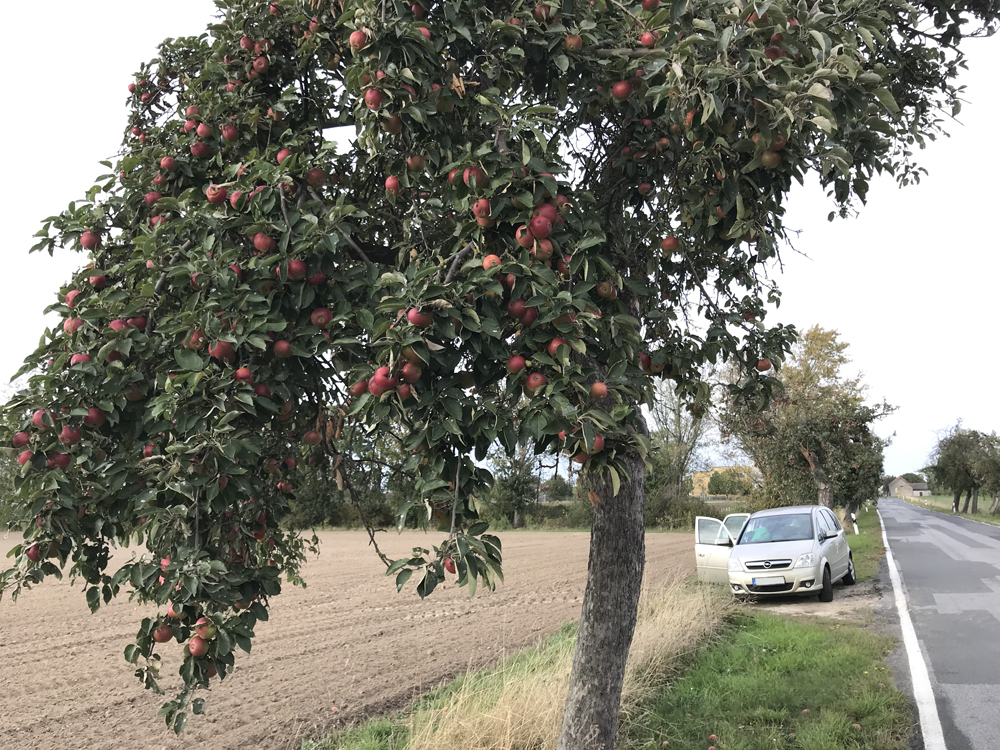What we take with us for ever
Whether you were adopted or not, we have one thing in common. We were both children.
And this childhood - with its joys, its tears, its feelings and thoughts, its experiences, wounds and dreams, it never goes away.
In literature, it can be expressed like this:
"Childhood is the one prison from which there's no escape, the one sentence from which there's no appeal. We all serve our time."
(P.D. James: Innocent Blood, London 1989, 172.)
Oh, that doesn't sound so nice. FYI: the protagonist in this crime thriller was adopted and goes out to find her parents, her roots, herself. She says right at the beginning:
"Philippa Rose Palfrey is what I'm called. I'm here to find out who I am."
(P.D. James: Innocent Blood, London 1989, 3.)
Yes! Because if we want to know who we are, we cannot avoid looking at our childhood. And at our parents and their parents.
My point of view: If we pretend that our childhood has nothing to do with us right now, as if we were just adults now, then it is like a prison from which we cannot escape.
But if we integrate our childhood into our present life, as therapists probably would say, then our childhood is no longer a prison, but ... - I can't think of a suitable comparison right now. Maybe you have one?
Write a comment
Comments
No comments are available for this article at the moment.Top articles




